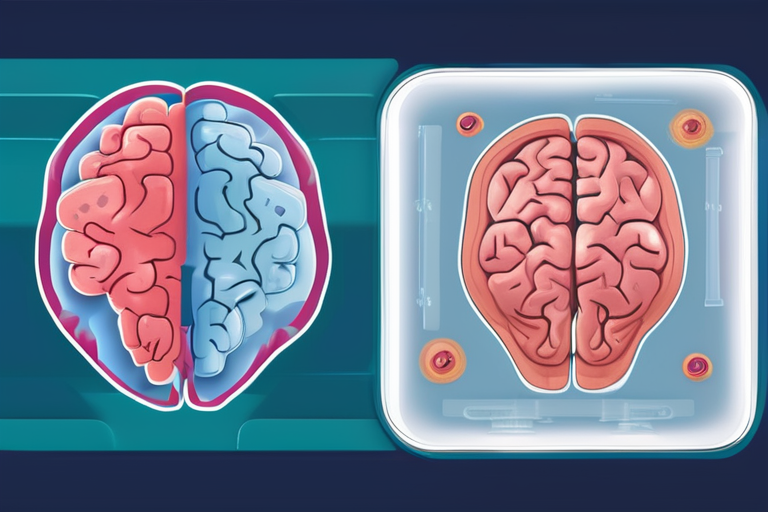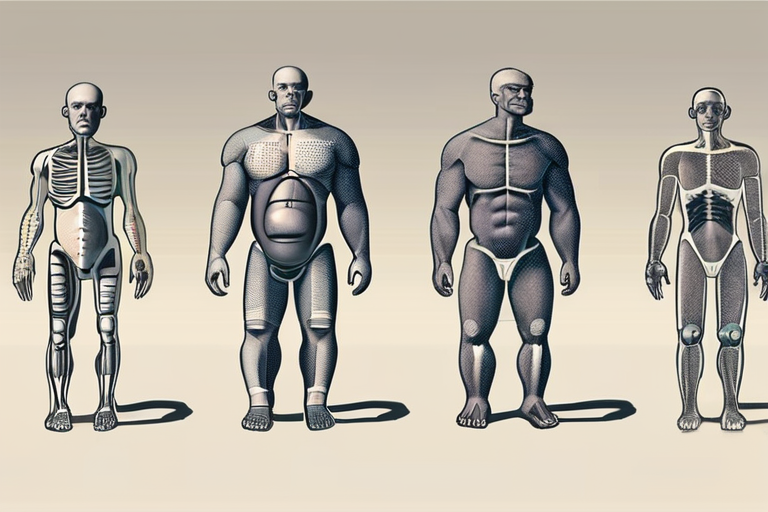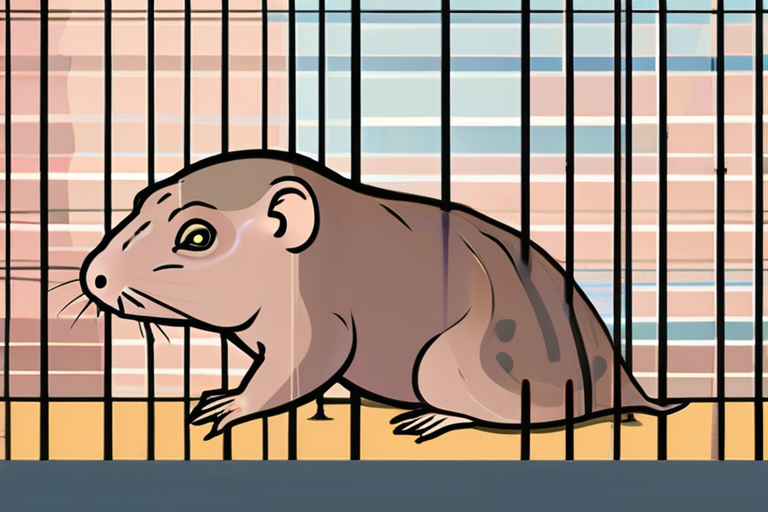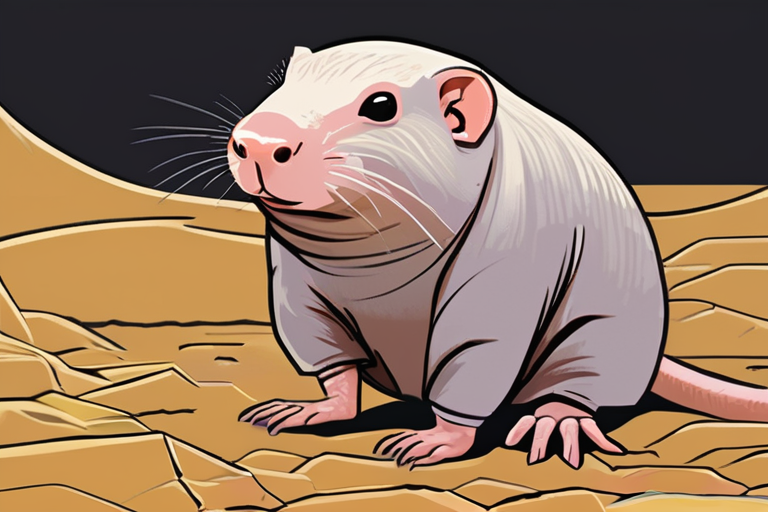Scientists studying aging at Michigan Medicine - University of Michigan have made a groundbreaking discovery about the relationship between sensory inputs and lifespan. According to a recent study, sensory inputs such as touch and smell can cancel out the lifespan-boosting effects of dietary restriction by suppressing the key longevity gene fmo-2. This gene plays a crucial role in making worms indifferent to danger and food, suggesting trade-offs between lifespan and behavior.
The research, published in a recent issue, found that when the fmo-2 gene is overactivated, it can lead to a decrease in lifespan, despite the benefits of dietary restriction. This is significant because dietary restriction has been a widely studied approach to extending lifespan in various organisms, including worms and mice. However, the new findings suggest that environmental cues can switch longevity pathways on or off, revealing that lifespan is strongly shaped by how organisms sense their surroundings.
"This study highlights the complex interplay between the brain, metabolism, and environment in shaping lifespan," said Dr. [Name], lead researcher on the project. "Our findings suggest that targeting these pathways may eventually lead to the development of new therapies that can extend life without the need for extreme dieting."
The study used Caenorhabditis elegans, a type of nematode worm, to investigate the relationship between sensory inputs and lifespan. The researchers found that when the worms were subjected to sensory inputs such as touch and smell, it suppressed the activity of the fmo-2 gene, leading to a decrease in lifespan. This suggests that the gene plays a critical role in regulating lifespan in response to environmental cues.
The discovery has significant implications for our understanding of aging and lifespan. It suggests that environmental factors, such as sensory inputs, can have a profound impact on lifespan, and that targeting these pathways may lead to the development of new therapies. The study also highlights the importance of considering the complex interplay between the brain, metabolism, and environment in shaping lifespan.
"This study is a major breakthrough in our understanding of aging and lifespan," said Dr. [Name], a leading expert in the field. "It suggests that we may be able to develop new therapies that can extend life without the need for extreme dieting, and that could have a significant impact on human health."
The study is part of a larger effort to understand the mechanisms of aging and to develop new therapies that can extend lifespan. The researchers are now planning to conduct further studies to investigate the role of sensory inputs in regulating lifespan in other organisms, including mice and humans.
In conclusion, the discovery of the fmo-2 gene and its role in regulating lifespan has significant implications for our understanding of aging and lifespan. The study highlights the complex interplay between the brain, metabolism, and environment in shaping lifespan, and suggests that targeting these pathways may lead to the development of new therapies that can extend life without extreme dieting.


























Share & Engage Share
Share this article